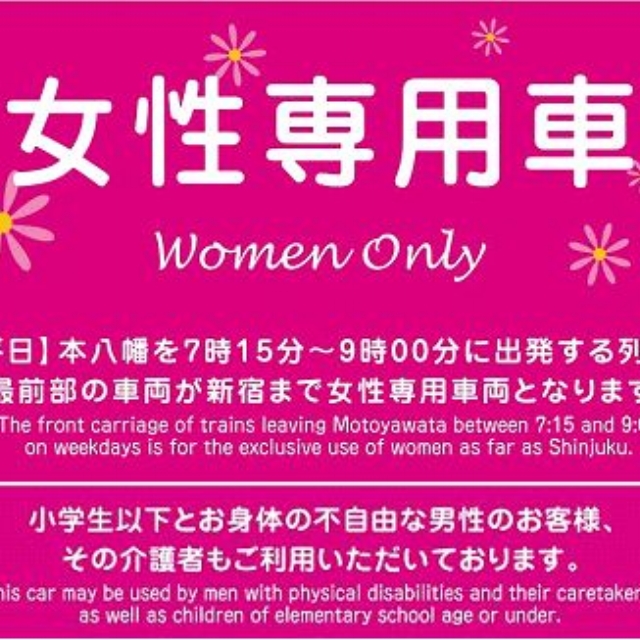In these personal interviews, Libera offers insights on how non-Black people can show up for the Black community, as well as her thoughts about the intersections of identity and navigating racism in Japan and elsewhere.
Interview with Libera Part 1: Blackness, Intersections, and Personal Growth
In these personal interviews, Libera offers insights on how non-Black people can show up for the Black community, as well as her thoughts about the intersections of identity and navigating racism in Japan and elsewhere.
B.G.U on Chime for Change
Chime for change featured Yume’s article, Audrey’s photography featuring Ji Han!
Editor in Chief of B.G.U., Yume wrote down some of her thoughts here.
Artist Profile | Nayokenza Robyn Oliver
Our next guest is YouTuber, Speaker, and Musician Nayokenza Robyn Oliver.
Artist Profile | Maya
Our next guest is illustrator, skateboarder, and teacher Maya.
Artist Profile | Pedro Nekoi
Our first guest was artist Pedro Nekoi.
He creates vibrant collages through a mixture of digital and hand-crafted work.
We talked about his zine "Retro Gay", his experience moving to Japan from Brazil, the challenges he's faced when printing his zine, & much more!
Carving a New Self Abroad
Being in Beijing, I often get praised by people back in Spain for being able to live alone so far away from home…
Grandma
Short story “My grandma always told me that girls had one job: to look pretty... “ Photography by Audrey Gretz
Poems by Darren Lyons
“My Fluidity” & “Being New in No Place”
The Inconvenience of Job-hunting
A take on Japanese Shu-katsu (job hunting system)
This Might Be Unremarkable
“We are once grown and twice a child. “ A beautiful short story about senescence.
A New Beginning
I always search “can’t do simple tasks” on the web. After every search, the top hit is an online ADHD test. I check off the qualities that apply to me. The result is the same as it always is: “possibility of ADHD: likely.”
Oh Boy: An Examination of Fashion and Femininity
Who said that our clothes define our sexuality or gender? Who said dressing feminine makes a woman “more womanly” or a man “less manly”? Read this piece about dismantling the notions of femininity and expressing ourselves freely through clothing.
Looking For: Connection
I would be given a specific role to play. A type of gay to be. It was my socially understood position in queer society. Free of ambiguity; yet again stereotyped.
Bloodsuckers
Short story of a vampire cocktail waitress and her struggles at her job.
It's Time
In the middle of Tokyo walks a girl, her head held high, the sunlight reflecting off her pitch black shades matching her skirt, her boots, her hair.
A Step Back
Are Lady's Day discounts and women-only train cars women's privilege?
Finding My Twilight
One stormy April day in 2017, I quit my job.
ReLOVEution
A start to acceptance is to not assume that sexes, genders, and sexualities always coincide.
FeMENism
Are men really being masculine of their own will? Is it out of will, or obligation that men become the breadwinners of their family?




















